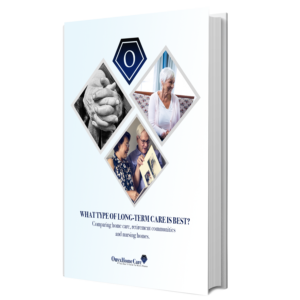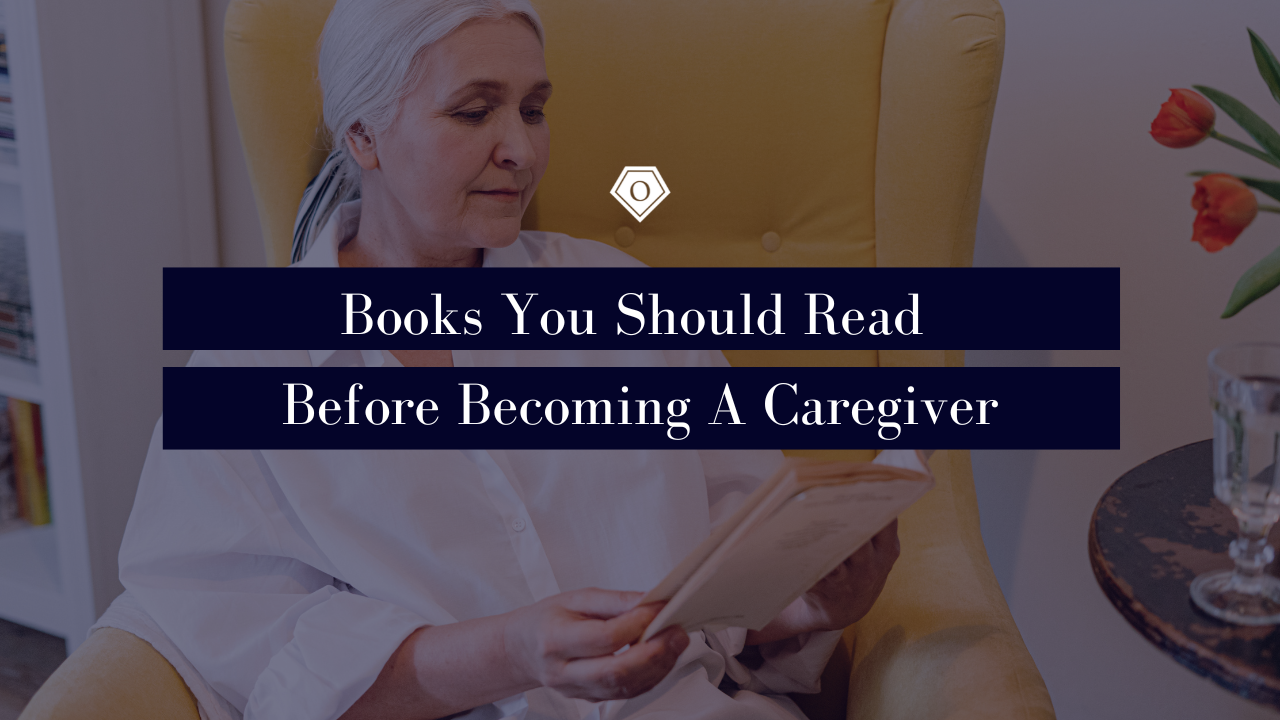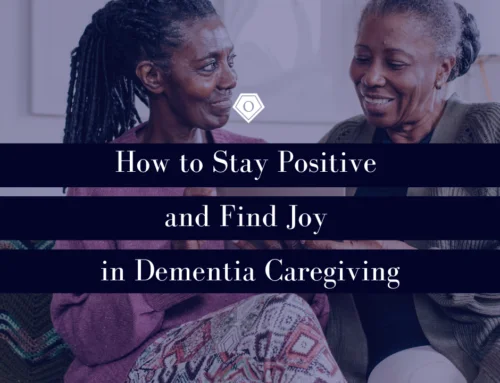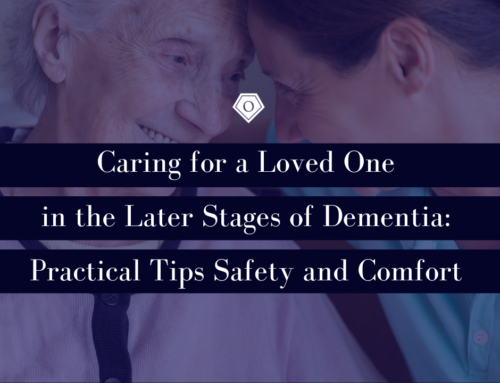Embarking on becoming a caregiver is a profound and compassionate journey that demands practical knowledge and emotional resilience. As you step into providing care for a loved one, the challenges and responsibilities can be overwhelming. However, immersing yourself in the wisdom and insights found within carefully chosen books opens the door to a wealth of guidance, advice, and firsthand experiences from experts and fellow caregivers alike. These books offer more than just knowledge; they offer a roadmap to navigate the complex landscape of caregiving, helping you cultivate the skills, empathy, and understanding necessary to provide the best possible care while ensuring your well-being.
Books with valuable insights, guidance, and support as you prepare to become a caregiver:
- “The 36-Hour Day: A Family Guide to Caring for People with Alzheimer Disease, Other Dementias, and Memory Loss” by Nancy L. Mace and Peter V. Rabins
-
- This book is an essential resource for caregivers dealing with dementia and memory loss. It offers practical advice on how to provide effective care while also addressing the emotional and psychological challenges of caregiving.
- “Being Mortal: Medicine and What Matters in the End” by Atul Gawande
-
- Atul Gawande, a surgeon and writer, explores the important conversations surrounding aging, illness, and end-of-life care. This book encourages caregivers to consider the holistic well-being of their loved ones and approach care with empathy and understanding.
- “The Caregiver’s Toolbox: Checklists, Forms, Resources, Mobile Apps, and Straight Talk to Help You Provide Compassionate Care” by Carolyn P. Hartley
-
- This practical guide provides caregivers with tools, checklists, and resources to effectively manage the various aspects of caregiving. It covers topics such as medical management, legal considerations, and emotional well-being.
- “Coping with Caregiving: A Beginner’s Guide to Becoming a Caregiver for Your Loved Ones Without Suffering from Burnout” by Gary J. Moore
-
- Caregiving can be emotionally and physically demanding. This book offers advice on preventing caregiver burnout, managing stress, and finding balance while providing care.
- “You Say Goodbye and We Say Hello: The Montessori Method for Positive Dementia Care” by Tom and Karen Brenner
-
- This book introduces the Montessori method as an approach to dementia care, emphasizing the importance of maintaining dignity, engagement, and a sense of purpose for individuals with dementia.
- “The Emotional Survival Guide for Caregivers: Looking After Yourself and Your Family While Helping an Aging Parent” by Barry J. Jacobs
-
- Caregiving can take a toll on the emotional well-being of both the caregiver and their family. This book offers strategies for managing difficult emotions, setting boundaries, and maintaining self-care.
- “Dementia Reimagined: Building a Life of Joy and Dignity from Beginning to End” by Tia Powell
-
- Tia Powell explores dementia care with a focus on promoting joy, dignity, and quality of life for individuals with dementia. The book challenges negative stereotypes and provides a fresh perspective on caregiving.
- “The 5 Love Languages: The Secret to Love That Lasts” by Gary Chapman
-
- While not specifically about caregiving, understanding the love languages can be incredibly useful in providing care tailored to the emotional needs of your loved ones.
Remember that every caregiving situation is unique, and adapting your approach based on the individual’s needs and circumstances is essential. These books can offer valuable insights and strategies, but seeking support from healthcare professionals, support groups, and other caregivers can also benefit your caregiving journey.
You will play a vital role in the well-being of your loved ones, and you must get access to support resources to ensure you can provide the best care while also taking care of yourself.
Support resources for caregivers:
- Local Caregiver Support Groups: Many communities offer support groups specifically for caregivers. These groups provide a safe space to share experiences, exchange advice, and receive emotional support from others who understand the challenges of caregiving.
- Respite Care Services: Respite care temporarily relieves caregivers by allowing someone else to take over caregiving responsibilities for a short period. This can be a professional caregiver, a family member, or a friend. It gives caregivers a chance to recharge and attend to their own needs.
- Home Care Services: Home care agencies offer professional caregivers who can assist with daily tasks, medical care, and companionship for the person in need. This can help alleviate some of the caregiver’s responsibilities while ensuring quality care.
- Online Support Communities: There are numerous online forums, chat groups, and social media communities where caregivers can connect with others, share experiences, ask questions, and receive advice from a wider network of caregivers worldwide.
- Caregiver Resource Centers: Many organizations and healthcare institutions have caregiver resource centers that provide information, workshops, training, and resources to help caregivers navigate their role effectively.
- Local Senior Centers: Senior centers often offer programs, activities, and support services for seniors and caregivers. These centers can be great places to find resources, information, and social connections.
- Counseling and Therapy: Caregiving can affect mental and emotional well-being. Professional counseling or therapy can provide caregivers with a safe space to discuss their feelings, cope with stress, and develop effective coping strategies.
- Legal and Financial Assistance: Caregivers might need legal advice on matters like guardianship, wills, and power of attorney. Financial assistance or advice on managing healthcare costs and navigating insurance can also be crucial.
- Educational Workshops: Many organizations offer workshops and training sessions on caregiving-related topics, such as medical care, communication strategies, and self-care techniques.
- Government Agencies: Government agencies, like the Department of Aging or the Department of Health, can provide information on available services, programs, and resources for caregivers.
- Supportive Books and Online Resources: There are numerous books, articles, and online resources dedicated to caregiving topics, offering practical advice, emotional support, and strategies for managing various aspects of caregiving.
- Medical Professionals: Caregivers should communicate openly with the healthcare professionals involved in their loved one’s care. These professionals can offer guidance, answer questions, and provide medical insights.
Remember that seeking support is not a sign of weakness but a sign of strength. Caregiving is a challenging journey, and accessing these resources can help caregivers navigate its complexities while maintaining their well-being.

Choosing long-term care is a burden that often falls to adult children and family caregivers. Our team is here to support you throughout the journey. Download our booklet to explore options that are right for your aging loved one and family.
Wondering what type of long-term care is best for you or your loved one? Our free booklet will help you evaluate the differences and costs between home care, nursing homes and assisted living facilities.






